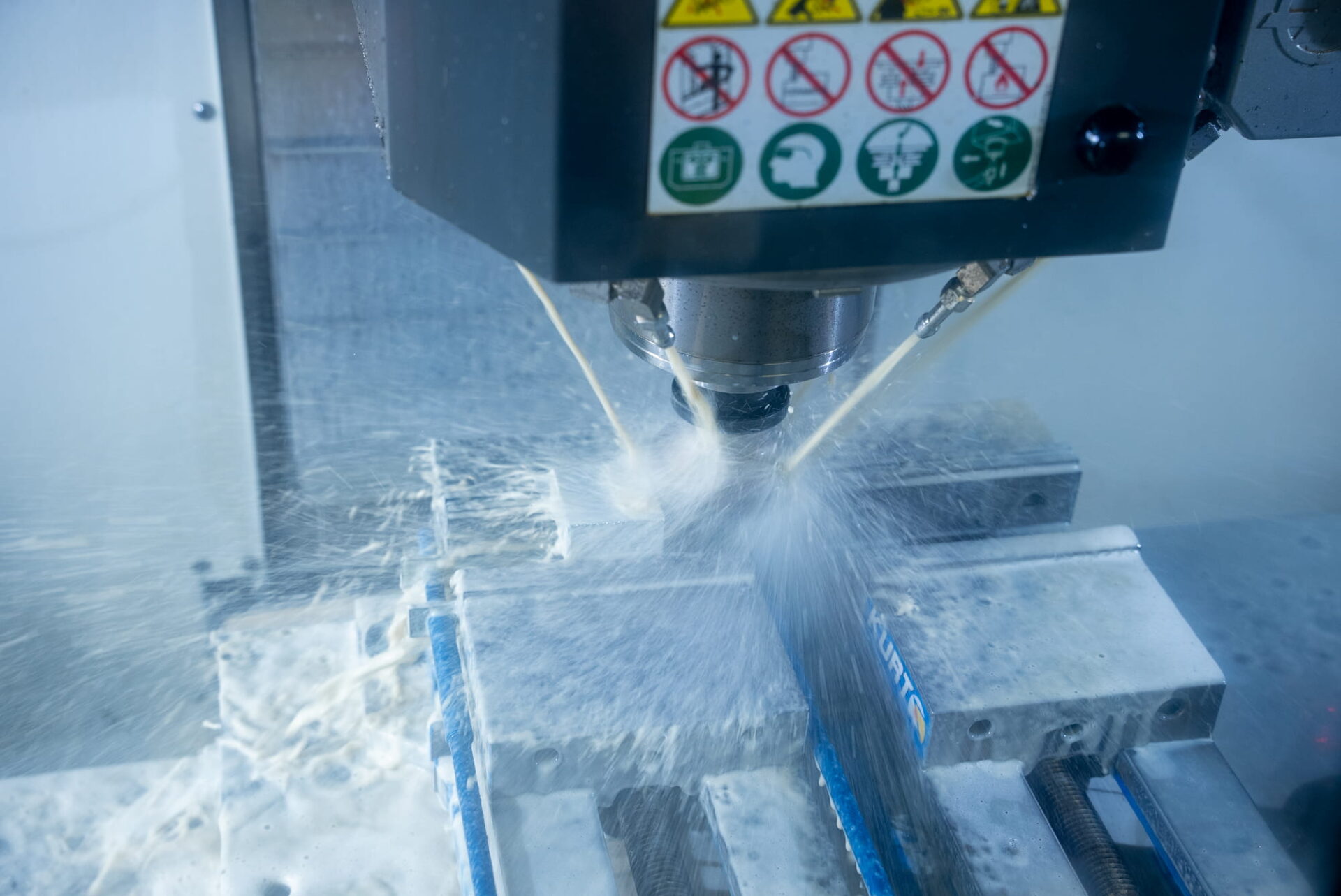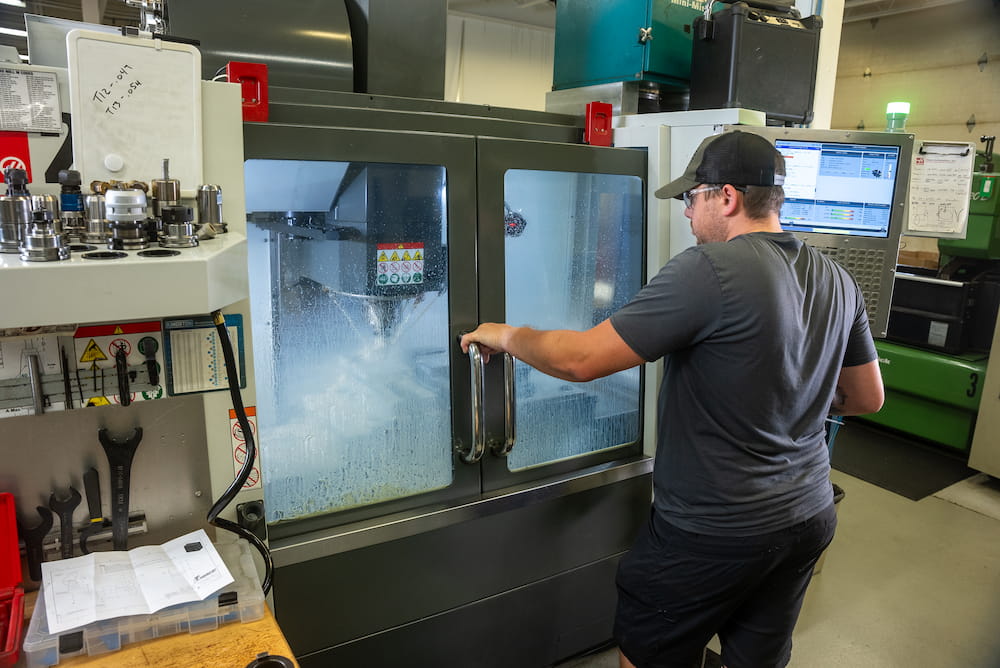
Your Source for Reliable Test Specimens
When it comes to preparing test specimens for rigorous destructive testing on metal materials, precision is paramount. At Laboratory Testing Inc. (LT), we specialize in crafting test specimens that meet the highest industry standards. Our meticulous workmanship ensures that your test results are accurate and reliable.
Machining Test Specimens

Test Specimens Summary
Quality You Can Trust

Specimen Preparation Process
Sawing and Extraction
Test specimens are rough cut to length by sawing from a specific location on the sample material or part, as stated in a required specification or dictated in a drawing provided with the order. During this step, technicians cut the material into a workable size, generally close to the final specimen. If welds are involved, etching can identify the position of the center line or heat-affected zone. LTI’s sawing equipment includes a Maxiem waterjet cutting system.
Turning
Turning uses a lathe by rotating a part against a stationary cutting tool to center and turn in diameter. Lathing is a requirement for all round specimens, including tensile, stress rupture, Gleeble, Jominy, rotating beam, and fatigue, since rough-cut test specimens are usually square. In addition to further refining specimen dimensions, turning reduces the gage length and threads the ends when fixturing on test machines is required.
Milling
Milling removes material by feeding a workpiece past a rotating cutter with multiple teeth. The advantage: machined surfaces can be flat, angular, or curved, and milling produces a wide combination of shapes. This process precisely machines test specimens such as stress rupture, hardness, and flat tensile specimens. Also, side, face, and root bend specimens for weld qualifications and certain corrosion specimens are available. Milling can also further refine Charpy specimens for the next step: grinding.
Low-Stress Grinding
Grinding is the finishing step for many test specimens, including Charpy, hardness, compact tension, and macro specimens used in metallurgical examinations. Low-stress grinding capabilities for performing specific machining for Aerospace applications. During grinding, a rotating abrasive wheel smooths the surface to give the material a refined look or to attain the desired finish. This process also creates a high-quality surface finish of 32 Ra (roughness average) or better.
Put LTI’s Machining to the Test
Partner With LTI Today
Laboratory Testing Inc. has the capacity and capabilities to handle all your material testing needs in a single location. Since 1984, we’ve aided customers worldwide with accurate nondestructive testing and precise material lab services. Request a quote or contact us today to see how our industry-leading turnaround times can keep your mission-critical approvals moving forward.